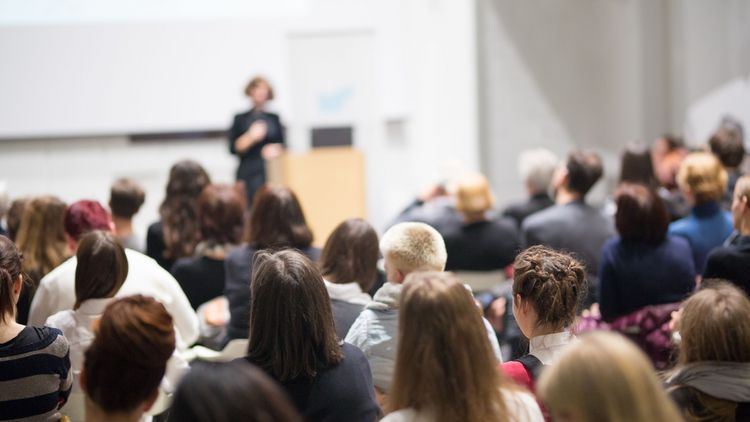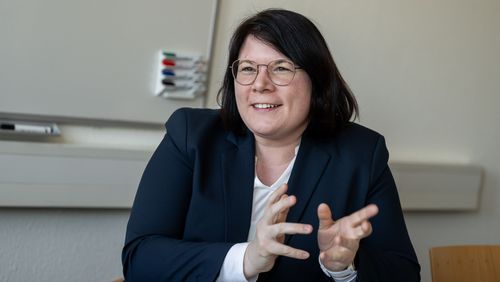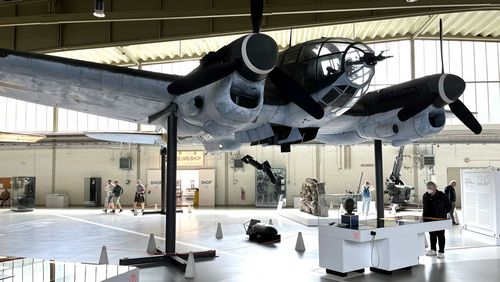The University Society Oldenburg provides several funding programmes, including travel grants for conferences and congresses abroad. Students and doctoral candidates can apply for scholarships.
For almost two years, students and PhD candidates could not attend international conferences – due to the pandemic, almost all scientific conferences were held online. But this summer, some events will be open to on-site participation again. "Young researchers benefit enormously from presenting the results of their thesis in front of a professional international audience," says Dr. Andreas Blomenkamp, treasurer of the University Society Oldenburg (Universitätsgesellschaft Oldenburg e.V, UGO).
The association, which understands itself as a link between the university, the city and the region, wants to enable students and postgraduates to travel to meetings or conferences abroad with its Wolfgang Schulenberg Programme. "We are delighted that these young people go out into the world as ambassadors of the university and spread its reputation," emphasises Blomenkamp.
Submissions close on 1 September
The programme provides travel grants of several hundred euros, depending on the actual costs. For conferences taking place from April to September, the application deadline is 1 March. If the conference is held in the winter months, interested students can submit their application by 1 September. Through its funding, the UGO has already enabled students to attend conferences in Vancouver or Singapore, but also within Europe. Since 2020, the support has included doctoral students, for whom there had previously been a separate programme. With the new programme, the association can support around ten conference participations per year.
"Before the pandemic, the University Society invited some of the grantees to give a talk at one of our events, which was always very inspiring," Blomenkamp reports. These encounters were generally a positive experience for the young scientists, he says. And the UGO members enjoyed witnessing their enthusiasm. "Hopefully, meetings like this will take place again soon," he says.
A non-negligible source of money
Beyond the Schulenberg Programme, the UGO also supports other projects at the university. "We are a small but non-negligible source of money for projects that would otherwise just not be feasible," explains Blomenkamp. All University members can apply for funding for conferences, cooperations or research projects. In the past, the UGO has supported the university's music theatre projects, the student conference NachDenkstatt and other events, for example.




